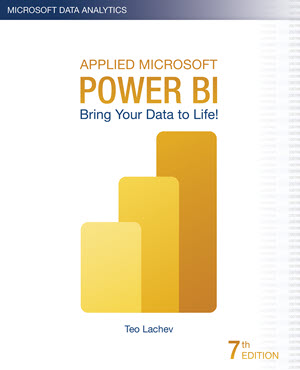An interesting trend has been building momentum recently which has caught my attention. More and more authors are choosing self-publishing as a viable option to commercial publishing. Interestingly, I haven’t come across a technical author who is happy with commercial publishers and has good things to say about them. Although I am not excluding the probability that there may be a few enlighten commercial publishers, the common pattern for aspiring authors is as follows.
In the worst scenario, the author doesn’t find a publisher that is willing to carry the book. Even if the author does find a publisher, things are not much better since the odds are stacked against the author. Hardly believing the incredible luck that a well-established publisher would actually debase itself to express interest in the author’s idea, the author signs a contract without much negotiation fearing that any opposition may be a deal-breaker. And it very well may be despite that the author may have valid concerns about his or her rights. A case in point — Recently, I argued with a commercial magazine publisher that there is really no legitimate reason for them to own my article copyright and the publisher dropped me like a hot potato despite the fact that the article has almost made it to the press.
As a result of the author less advantageous position, the publisher is well-positioned to take a maximum advantage of the author. Thus, with a stroke of a pen, the book copyright goes usually to the publisher whose position is further fortified with non-compete clauses of all sorts which sole purpose is to lock in the author as much as possible. At the end, the readers are the ones suffering the most since in most cases they will never see a new edition of their favorite book.
Next, the author sweats and burns midnight oil for half a year or more to get the book out. This includes authoring the manuscript, graphics, including indexing the book, organizing tech reviews, even marketing the book. The publisher responsibility is orchestrating the copy-editing, book cover and typesetting activities. These activities in my opinion don’t constitute more than 20% of the overall book effort. Yes, to the publisher’s credit, the publisher also makes an investment to get the book printed and distributed which may account for say 15K.
What does the author gets in return for his heroic effort? If all is well, the author typically gets around 10% as a royalty payment from the net (not retail mind you) price of the book which may result in 10-15K spread over the course of the book lifecycle (say 2 years) if the author is lucky and the book sells well. You may think that well-established authors are in much advantageous position but my feedback from fellow peers show otherwise. Of course, a well-established author is in much better position to negotiate a more favorable contract since the author would usually has a broader choice of publisher to choose from.
So, you don’t have to have an MBA degree to realize that there is something wrong with this model from the author’s perspective. As though it is only the author who needs the publisher…not the other way around.
What the author can do? Enters self-publishing.
It turns out that if the author is willing to undertake the last 20% of the book journey and make an investment to print and distribute the book, the author could in fact break the vicious publishing cycle and take full advantage of the fruit of his or her hard labor. And, there are more and more technical authors that are taking this road. The rewards are substantial from entrepreneurial, legal, and financial standpoints.
For example, Brian Bishof (http://www.crystalreportsbook.com/) has been very successful in self-publishing his books. In fact, his latest book (http://www.amazon.com/exec/obidos/tg/detail/-/0974953652/qid=1102890581/sr=8-5/ref=pd_csp_5/103-3694991-3165408?v=glance&s=books&n=507846) is selling better than mine according to the Amazon rating system. This is strange considering the fact that he’s writing about a competing and inferior technology-to Reporting Services :-). See what Brian has to say about self-publishing (http://www.crystalreportsbook.com/selfpublishing.asp).
Another self-publishing author is Minh T. Nguyen who wrote the Visual Studio.NET Tips and Tricks book (http://msdn.microsoft.com/vstudio/using/Books/default.aspx). He was kind enough to share his experience with me and it turns out that he also has only good things to say about self-publishing.
Based on my research, I am convinced that when done well self-publishing is a viable alternative to commercial publishing without sacrificing the book quality or market penetration. There may be still a stigma about authors who are self-publishing their books but things are changing. In fact, I believe self-publishing will change the publishing landscape as we know it.. and for better!





